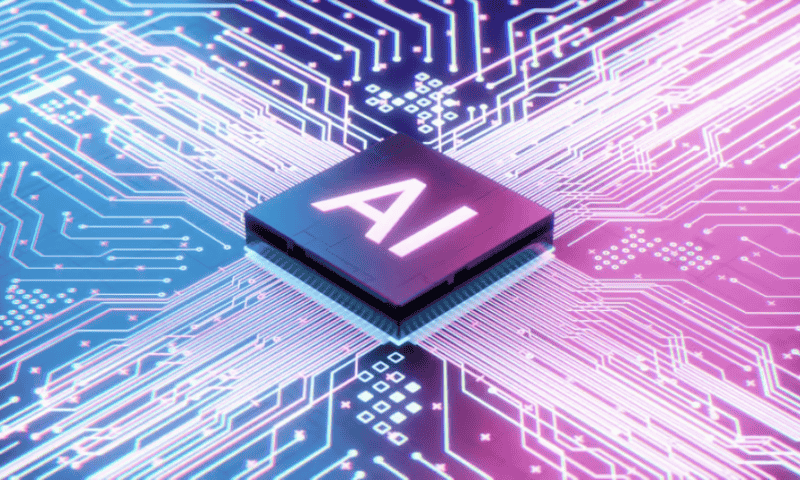Iambic Therapeutics is finding its rhythm, raising $100 million and partnering with the shovel seller of the artificial intelligence gold rush to advance a pipeline led by a pair of cancer candidates into the clinic.
The San Diego-based biotech is built on technologies for predicting protein-ligand structures, generating molecular designs and other drug discovery tasks. Using the technologies, Iambic claims it can accelerate drug discovery, pointing to the two years it took to take its lead project from program launch to IND to make its case. That candidate, IAM-H1, is on course to enter the clinic early next year.
Iambic’s progress has caught the eye of investors. Having raised a $53 million series A round in 2021, back when it was called Entos, the biotech has now added a further $100 million to its coffers through a series B.
The money will support a pipeline spearheaded by two candidates that are closing in on human testing. One candidate, IAM-H1, is a tyrosine kinase inhibitor (TKI) that targets HER2 while sparing EGFR. Iambic is far from the first company to aim a TKI at the cancer target, but it argues attributes of IAM-H1 such as its selectivity, safety profile and ability to penetrate the brain set it apart from other molecules.
Iambic’s other lead program, IAM-C1, could break new ground. The small molecule is designed to inhibit the cell-cycle kinases CDK2 and CDK4. The current arsenal of approved therapeutics includes a clutch of CDK4/6 inhibitors, namely Pfizer’s Ibrance, Novartis’ Kisqali and Eli Lilly’s Verzenio, and Pfizer is running a phase 2 clinical trial of a CDK2/4/6 inhibitor.
IAM-C1 preserves CDK6 while targeting CDK2 and CDK4, giving it a mechanism that Iambic believes can reduce some dose-limiting toxicities and address resistance to existing inhibitors of the cell-cycle kinases. The candidate is tucked in behind IAM-H1 on the march to human testing.
Ascenta Capital and Abingworth co-led the series A round with assists from new backers including Nvidia and Illumina Ventures. Nvidia, a provider of computing technologies that fuel AI, has identified biotechs that use its products as an investment opportunity, committing cash to Evozyne and Iambic over the past week.
Iambic disclosed a collaboration with Nvidia alongside news of the series B round. The biotech plans to use Nvidia technologies including an AI supercomputing platform and cloud services to support its drug discovery work.

